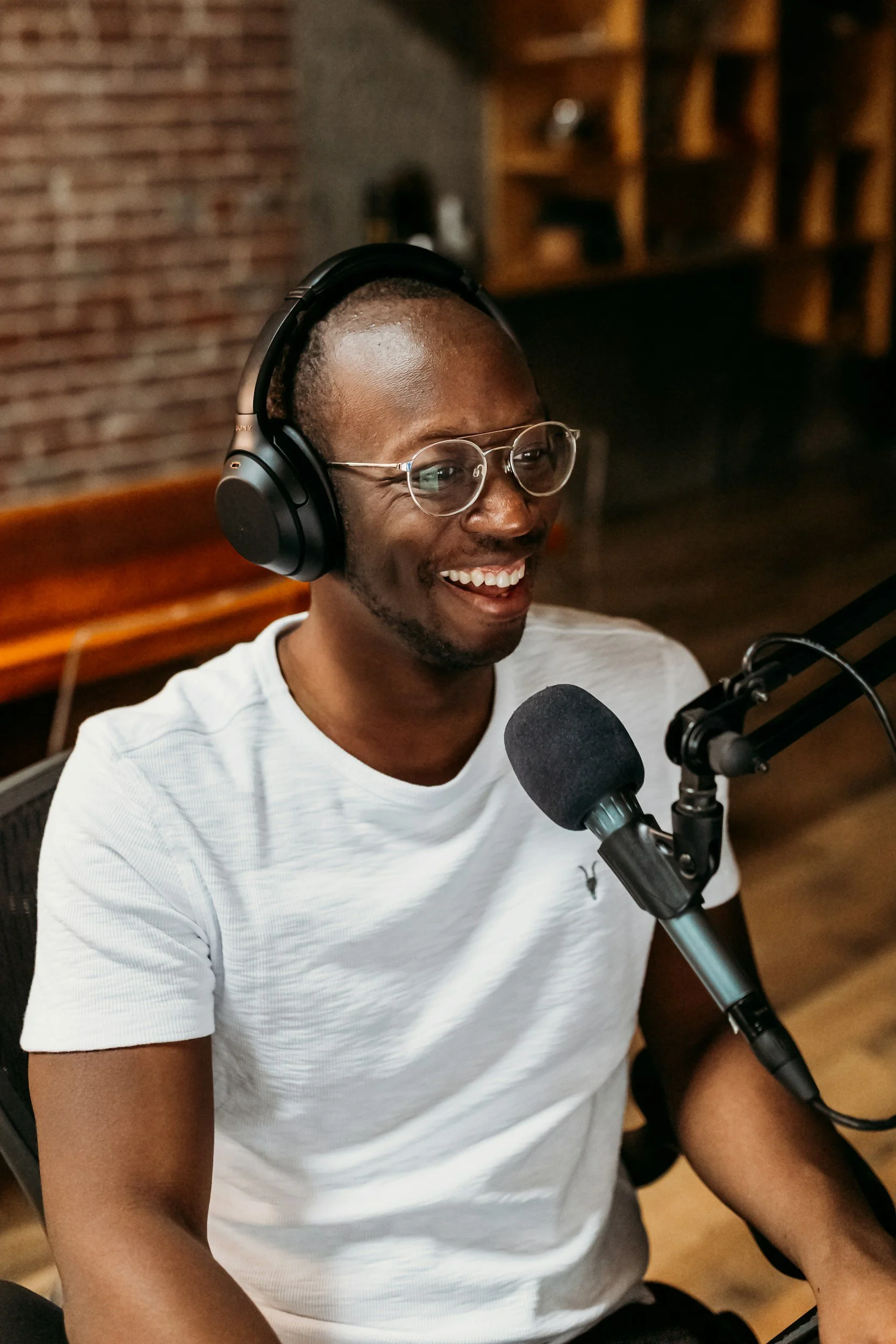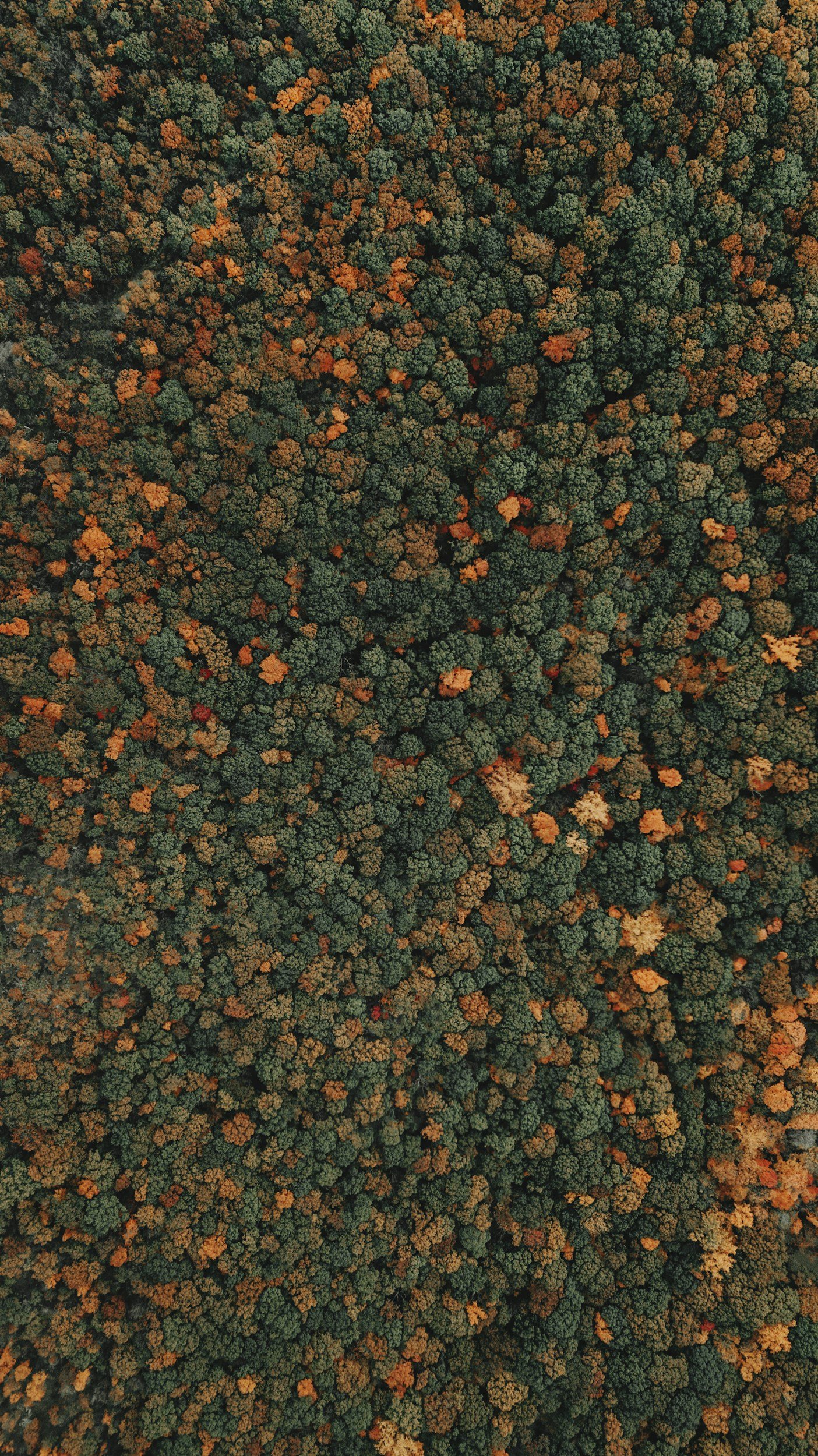Myths! Nollywood’s False Portrayals of Odinani
If your main exposure to Igbo spirituality (Odinani) has come from Nollywood films, you might need a major reset, because majority of the ideas portrayed on screen are misleading. In these movies, traditional Igbo spiritual practices are equated with dark magic and villainy. Pastors and Christian figures are portrayed as the “righteous heroes”, while Dibias are cast as sinister sorcerers.
Basically, older Nollywood films had a clear formula – Christian characters were inherently good, and adherents of traditional faith were depicted as “witches or ritualists” always portrayed as diabolic. It’s a trope born from colonial-era biases and it found a receptive audience in a very religious society.
Unfortunately, these thrilling plot lines have perpetuated myths and false ideas about Odinani. Viewers are left thinking that anything to do with Igbo spirituality is automatically “diabolic” or “fetish.”
Even many Igbo people have internalized these depictions, coming to fear or shun their own ancestral traditions. As controversial Nollywood actor Yul Edochie recently lamented, “Oyibo (Western) people brainwashed us to believe it [our traditional spirituality] is evil. And Nollywood has also contributed to making Native doctors look evil”. In other words, the movies have helped cement the notion that a dibia must be a dangerous fraudster or occultist, a notion that is far from the truth.
The “Evil Dibia” Trope and Its Impact
One of the most common movie myths is the “evil dibia” trope. In countless Nollywood scenes, a character seeking power or revenge visits a native doctor’s shrine, usually depicted with skulls, blood, and other spooky props. The dibia character is usually malevolent or morally ambiguous.
These portrayals have shaped public perception immensely. Within Igbo communities, many grew up associating the local dibia with fear. Almost everyone who watched those movies began to view dibias with mistrust. Nollywood essentially indoctrinated the idea that all indigenous Gods and practices are evil, only showing them when they’re inflicting misery, and always to be vanquished by an all-powerful Christian God in the final act.
The result? A stigma around Odinani practitioners. Many Nigerians came to believe their ancestors were “evil people who worshipped evil gods,” as one scholarly paper observed. It got to the point that some individuals started destroying family shrines and sacred objects, thinking they were casting out curses. Within Nigeria and beyond, Nollywood’s reach meant that Igbo spiritual heritage was seen through a very scary, narrow lens, indistinguishable from witchcraft in the public imagination.
What Nollywood Gets Wrong: Odinani 101
The irony is that Odinani is not about “dark magic” at all. At its core, Odinani is a sophisticated spiritual and philosophical worldview emphasizing harmony, morality, and community. In fact, it is difficult to be an Odinani practitioner without a quest for balance; living at peace with Chineke (the creator God), with Ala (the Earth mother and source of moral law), and with one’s neighbors and environment.
Far from glorifying evil, Odinani teaches accountability for one’s actions and respect for all life. It has concepts of right and wrong (such as abominations, alu or nso-ala, which are serious moral offenses against the Earth’s laws) and mechanisms for justice and restitution in the community. These ethical and philosophical aspects rarely make it into Nollywood scripts.
Take the dibia for example. In uncorrupted Igbo communities, a dibia is not a cackling villain but a respected figure, a healer, diviner, and counselor. In fact, the Igbo saying “After God is Dibia” underscores how highly regarded these spiritual experts were, sitting just below the Creator in terms of importance.
A dibia acts as a mediator between the physical and spiritual realms, using knowledge passed down through generations to help people. There are different types of dibia with various specialties. Crucially, the real job of a dibia is to heal and guide, not to kill or destroy.
Yes, just like any profession, a dibia could be good or bad, there were charlatans and corrupt practitioners as in any field. But to assume every native doctor is evil incarnate is a grave misrepresentation. In truth, a genuine dibia is bound by oaths to uphold moral order. Many traditional communities entrusted their well-being to dibias: these were the people who performed cleansing rituals when moral laws were broken, who cured illnesses with herbs and spiritual insight, who prayed for rain in drought and mediated disputes with wise counsel. Far from being opposed to “goodness,” the dibia’s role was to combat malevolent forces and restore harmony.
Ancestor Veneration: Respect, Not “Fetish”
Another aspect Nollywood often glosses over is ancestor veneration. In many movie plots, ancestral spirits are portrayed as ghosts to be feared or as sources of curses that haunt the living until a pastor intervenes. This fuels the myth that honoring ancestors is a spooky, fetishistic affair, as if keeping an altar for one’s forebears equals worshipping evil spirits.
In reality, ancestral reverence is a deeply philosophical and family-oriented practice in Igbo culture (and indeed in many cultures worldwide). Far from being “idolatry” or superstition, it’s about gratitude and remembrance.
Think of it this way: in a typical ancient Igbo household, there’s an Obi, which is a small sacred space (perhaps a corner of the compound or a simple altar) dedicated to the family’s ancestors. Here, the living family members go to show respect and acknowledge their continuing relationship. Ndi Igbo believe that ancestors, though departed, remain interested in the welfare of their lineage. They are seen as guides and protectors from the spirit realm, a bit like having beloved family elders still looking out for you, just in a different form.
There is nothing sinister in this; it’s akin to how other cultures keep photos of late relatives on a mantle or visit graves to talk to their loved ones, or in some cases like Catholicism, turn them into saints.
Nollywood horror scenes of ancestors only showing up to curse someone are a gross exaggeration. Yes, Igbo folklore has tales of restless spirits, usually as moral fables about proper burial or remembering one’s dead. But by and large, ancestor veneration in Igbo life is positive and affirming: it reinforces community values (remembering how past generations upheld truth and justice) and solidifies identity (knowing one’s lineage and origin). These communal and philosophical aspects – such as the idea that we stand on the shoulders of our ancestors – are rarely conveyed in films that prefer a spooky narrative.
How These Myths Shaped Perceptions
Thanks to years of these dramatized portrayals, the perception of Odinani and related practices has been skewed both among Igbo people and outsiders. Within Igboland, many families became hesitant to discuss or openly practice traditional rites for fear of being labeled “primitive” or “evil”. Even when someone felt a pull towards indigenous spirituality, they might hide it, worried by the stereotype that they must be doing something nefarious.
The societal stigma, rooted in colonial-era condemnation and amplified by Nollywood, has caused loss of cultural knowledge and pride. It’s reached the point where some Igbo youths know their own traditional deities only as ‘devils’ and see ancestral shrines as something to burn, not preserve. When people attribute every misfortune to “ancestral curses” or label their forefathers’ faith as “heathen and fetish,” it shows how effective the misinformation has been.
Outside Igbo communities, the impact is just as stark. Nollywood is hugely popular across Africa and in the African diaspora, so these depictions inform how others see Igbo culture. To many non-Igbo viewers, the takeaway has been that Igbo traditional religion equals “juju”, a catch-all for dangerous magic. Essentially, Nollywood’s dramatic license has exported a one-dimensional image of Odinani, making it harder for outsiders to appreciate it as a rich spiritual heritage rather than just fodder for scary stories.
Reclaiming the Narrative
The good news is that as awareness grows, more people are questioning these stereotypes. Within Nigeria, there’s a budding movement to portray Odinani more authentically. Younger Igbo writers and filmmakers are researching their heritage and telling stories that show dibias and traditional practices in a balanced light.
For example, recent indie films like The Lost Okoroshi and Mami Wata flip the script by treating masquerades and water spirits with nuance and respect, rather than defaulting to demonization. As one director put it, “juju [magic]... isn’t inherently evil. It is what you choose to do with it.” This perspective, that spiritual power can be used for good or ill, just like any other power, is exactly what Nollywood’s older one-note villains failed to convey.
The key takeaway on this topic is this: Odinani is a rich, life-affirming system that has been misunderstood. The “native doctor” in real life is not a movie monster, but typically a herbalist or priest trying to do healing work for their community. The honoring of ancestors is not devil worship, but a way to stay connected with one’s family values and history. Igbo spirituality has its mystical elements, to be sure, but it also has deeply ingrained ethics, community rituals (like the New Yam Festival celebrating harvest and gratitude), and a philosophy that every person carries a piece of the divine (Chi) and is responsible for maintaining cosmic balance. These are beautiful concepts that deserve to be known beyond the caricatures.
Ultimately, it’s about context and balance. Nollywood, in chasing dramatic stories, showed only the extremes, the rogue dibia who uses his powers for evil, the curse that must be broken. Those make for entertaining fiction, but they were never the full story. Odinani is practiced in the daylight of normal life, like everything else.
To Sum It Up
It’s high time we separate myth from reality. Nollywood gave the world thrilling tales of conflict between good and evil, always choosing the easy route of casting indigenous culture as the “evil” to be vanquished. But as we peel back those fictions, we find that Odinani is not a horror movie prop, it’s a living tradition of the Igbo race in its entirety! It carries the wisdom, values, and identity of Igbo people.
This necessary reframe is really about respecting our stories. Every culture has spiritual practices that outsiders might misunderstand. The hope now is that with (re)education and better storytelling, we can rewrite the script. Nollywood and its vast audience can come to see that there is more to Odinani than what the old films showed. Yagazie!
Recommended Resources:
“IN IGBO SPIRITUALITY, THERE IS NOTHING LIKE BLOOD MONEY OR KILLING PEOPLE FOR WEALTH” | Ujuaku (Afia TV)
Nollywood actor Yul Edochie on negative native doctor stereotypes
Nsukka Journal of the Humanities (2024) – on Nollywood misrepresenting Igbo religion
Seven Igbo Terminologies: Clarifying Their Meanings | Tobe Osigwe (YouTube)





